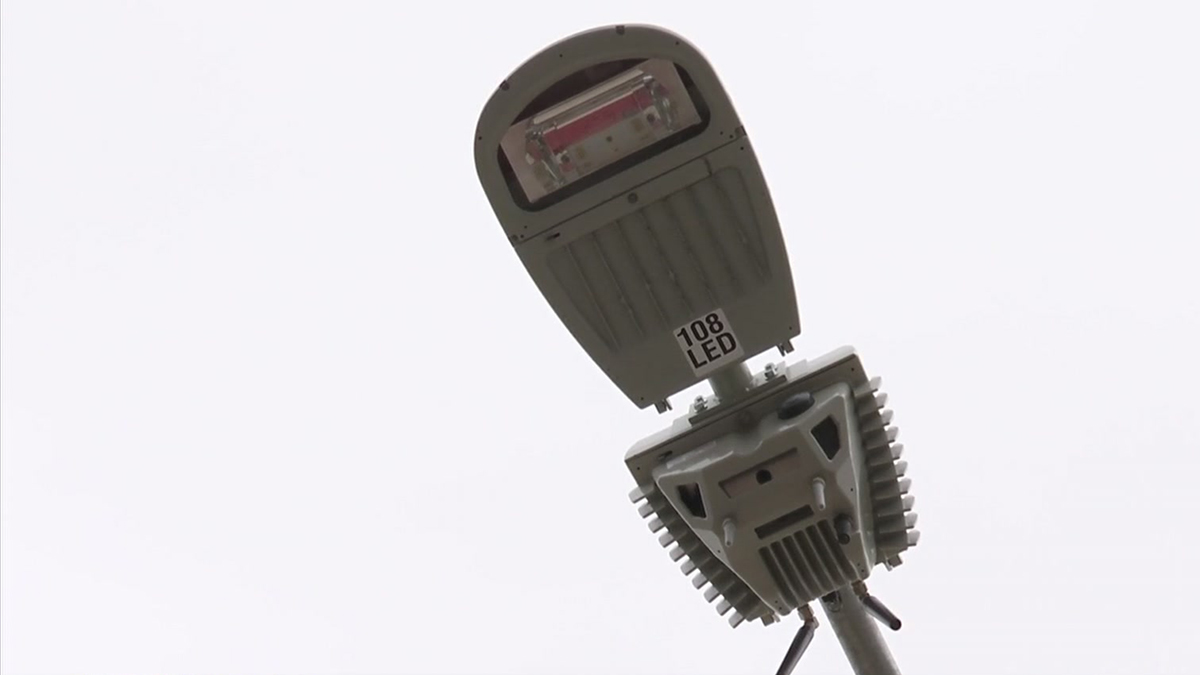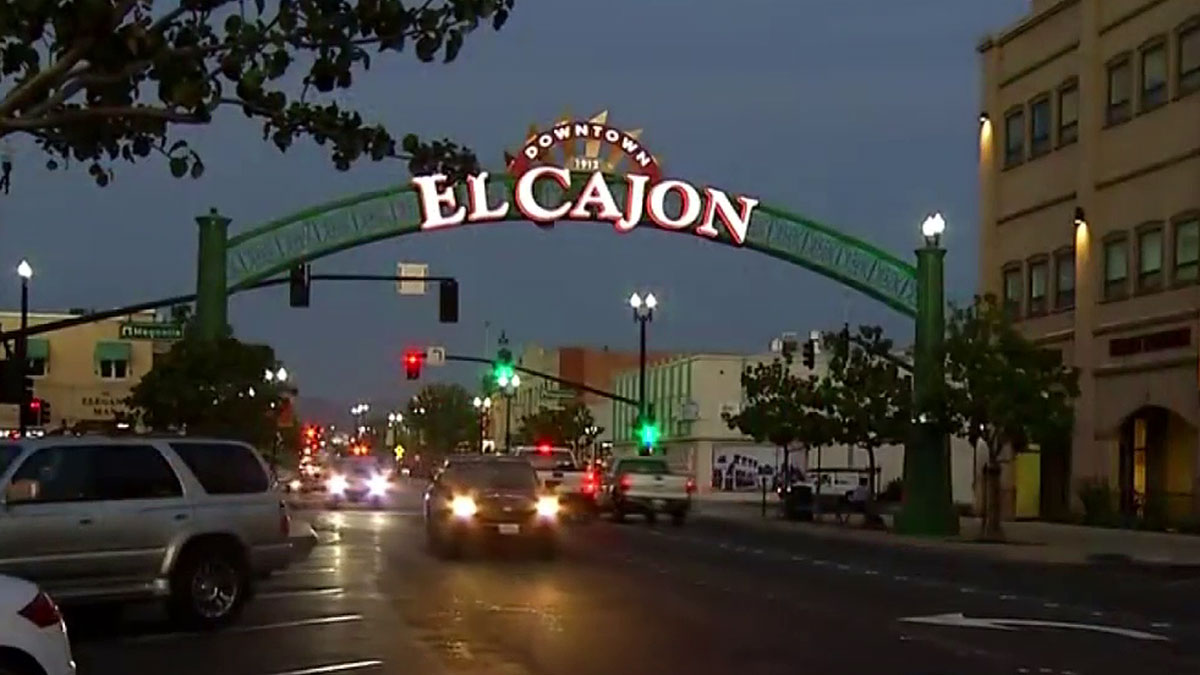This week San Diego's City Council voted to move forward with a proposed program to use both automated license plate readers and smart streetlight cameras, despite concerns from residents over privacy issues.
This week the El Cajon Police Department say they have begun training their own officers on how to use automated license plate readers as part of a one-year pilot program that the El Cajon City Council voted unanimously to approve back in March.
There are 40 automated license plate readers around the city of El Cajon at strategic intersections and in roads exiting the city, as determined by the police chief, city manager, and city council members.
Get San Diego local news, weather forecasts, sports and lifestyle stories to your inbox. Sign up for NBC San Diego newsletters.
Just on the first day of training, police say they were able to find a stolen vehicle that was involved in a commercial burglary and a vehicle that was stolen in a violent robbery and carjacking. They say they were able to identify the vehicles through the automated license plate readers and apprehend the suspects within minutes.
Critics of the automated license plate readers have said they're concerned about where the information from the readers are stored, who can access them, if they can be shared with federal authorities and what kind of crimes the local police will use the readers to investigate.
El Cajon Police Lt. Jeremiah Larson says the readers won't be used for minor traffic offenses or speeding but will be used for violent crimes, robberies and to help track down suspects and victims involved in Amber or Silver alerts.
San Diego News
"Having that real-time information that can be relayed to officers that are working in the street to our communications center, to be able to direct officers to the right areas, it's no longer just patrolling and reacting to radio calls, but we’re also going to be reacting to the camera alerts," Larson said.
He says the imagery captured from the readers will be deleted every 30 days and no other federal authorities or third-party companies will be able to access the information collected from the cameras. He says only if police determine that an image is necessary for an ongoing investigation will they download that image to be saved beyond the 30 days.



